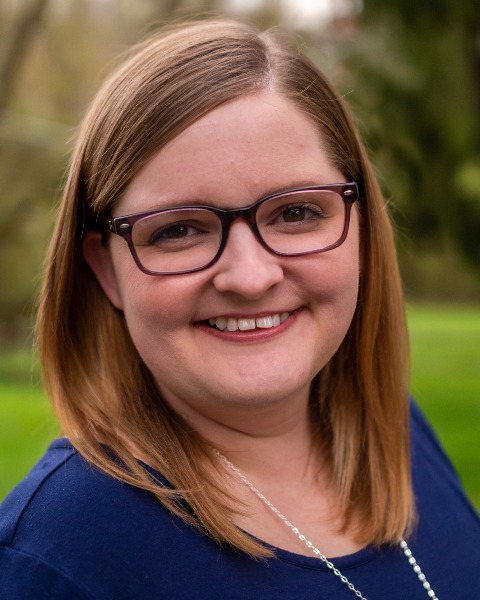Exploring the Landscape of Symptom Burden in Critical Illness Survivors
-

Tammy Eaton, PhD, RN
Postdoctoral Research Fellow; CRNP
University of Michigan
Ann Arbor, MIDisclosure information not submitted.
-

Anna Lewis, MSW, LCSW
Licensed Clinical Social Worker
UPMC Mercy
Pittsburgh, Pennsylvania, United StatesDisclosure information not submitted.
-
HD
Heidi Donovan, PhD, RN
Professor of Nursing
University of Pittsburgh, United StatesDisclosure information not submitted.
-
LS
Leslie Scheunemann, MD
Assistant Professor of Medicine
UPMC Presbyterian, United StatesDisclosure information not submitted.
-

Sheila Alexander, BSN, PhD, RN, FCCM
Associate Professor of Nursing and Critical Care Medicine
University of Pittsburgh
Mc Kees Rocks, PennsylvaniaDisclosure information not submitted.
First Author(s)
Co-Author(s)
Title: Exploring the Landscape of Symptom Burden in Critical Illness Survivors
Introduction: An unintended consequence of surviving critical illness is one of persistent symptom burden. Critical illness survivors often experience multiple symptoms concurrently and these symptoms can affect their quality of life. The aim of this study was to investigate unresolved symptom burden among survivors of critical illness and examine the association between symptom severity and overall health score reporting.
Methods: Using a retrospective, cross-sectional design, 170 records from critical illness survivors (aged > 18 years) seen during an initial post-intensive care unit (ICU) outpatient clinic visit between June 2018 and March 2020 were examined. Demographics, clinical characteristics, and functional status were abstracted, along with self-reported symptom burden using PEACE Tool. These data were evaluated for symptom prevalence and severity and its effect on overall health score reporting.
Results: The majority of patients were male (92/170, 54.1%), and median age was 61 years. Median length of time between hospital discharge and initial post-ICU clinic visit was 34 days. The majority of patients were residing at home (110/170, 64.7%). Most prevalent symptoms included weakness/low energy (79.4%), pain (76.5%), diminished level of function (70.0%), and sleep disturbance (67.1%). Additionally, unmet social needs, such as not feeling prepared/fear of future (51.2%), ineffective coping/not in control of care (48.8%), and perceived lack of support (35.9%) were reported. Spiritual distress was reported in 13.5% of patients. Only 5.3% of patients had returned to work and 12.1% to driving. Symptoms most affecting overall health score reporting (EQ-VAS) included depression, confusion/restlessness, weakness/low energy, anxiety, and sleep disturbance.
Conclusions: Survivors of critical illness suffer an extensive symptom burden beyond the typically reported manifestations of post-intensive care syndrome (PICS). In addition to symptoms in physical, cognitive, and psychological domains, symptoms associated with social needs are widespread. These findings support standardization of symptom assessment and management in patient surviving critical illness.
